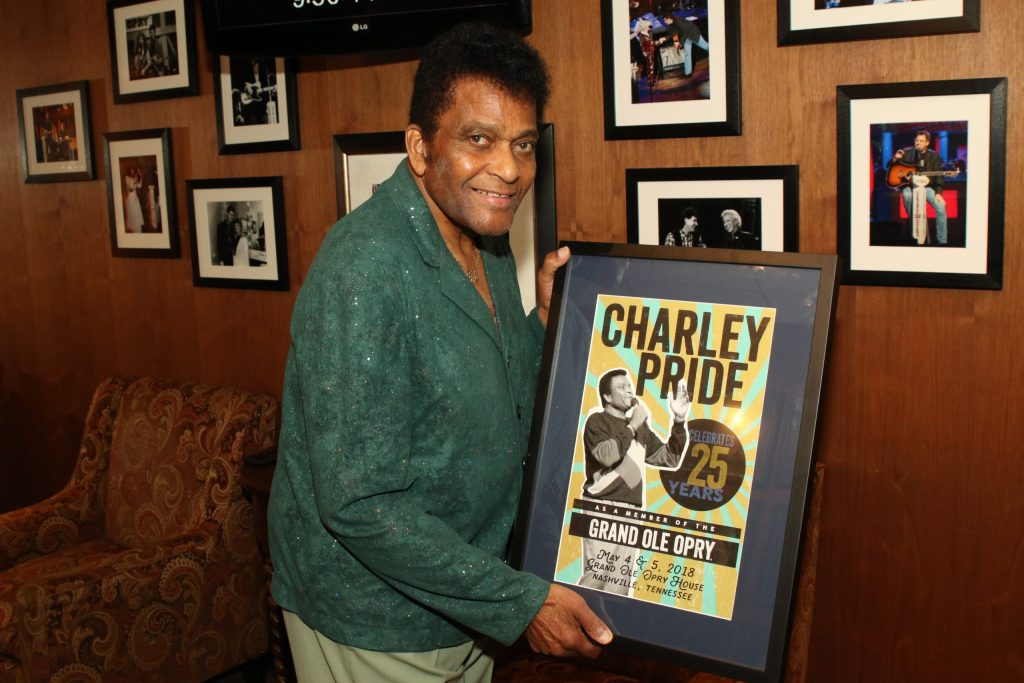
A Melodic Tribute to Innocence and Unity
“All His Children” by Charley Pride, a heartfelt ballad that resonates with themes of unity, innocence, and the intrinsic value of each human life, was released as part of the soundtrack for the 1971 film Sometimes a Great Notion. The song, an emblematic piece of its era, captures the spirit of a time when music was a powerful vehicle for social commentary and emotional expression.
When Charley Pride lent his rich baritone voice to this track, it became more than just a part of a movie soundtrack; it became an anthem that reached into the hearts of many listeners. Upon its release, “All His Children” found a place on the U.S. Billboard Hot Country Singles chart, further cementing Pride’s reputation as one of country music’s most beloved voices. Although it wasn’t one of his highest-charting hits compared to others in his illustrious career, the song’s impact was profound due to its poignant message and its connection to the equally impactful film.
The backstory of “All His Children” is as compelling as the song itself. Written by Alan Bergman, Marilyn Bergman, and Henry Mancini, it was crafted specifically for Sometimes a Great Notion, a film based on Ken Kesey’s novel about a stubborn Oregon logging family that continues to operate in defiance of a workers’ strike. The song serves as a thematic underscore to the movie’s narrative, which explores complex themes such as familial loyalty, individualism, and societal conflict.
However, beyond its cinematic origins, “All His Children” stands alone in its universal appeal and timeless message. The lyrics speak to the innocence and purity inherent in children, emphasizing that all are equal in their worth and deserving of love and respect. It’s a gentle reminder of the shared humanity that binds us all together—a sentiment that resonates deeply with those who lived through times of social upheaval and change.
For those who experienced the 1970s firsthand, listening to this song can evoke powerful memories of an era marked by both turmoil and hope. The early ’70s were a time when America grappled with significant social changes—civil rights movements were reshaping societal norms, environmental awareness was beginning to take root, and music served as both an escape and a call to action. Within this context, Charley Pride’s “All His Children” offered solace and reflection.
Pride himself was a trailblazer in the country music scene—a Black artist who achieved unprecedented success in a genre traditionally dominated by white performers. His ability to transcend racial barriers with grace and humility made him an influential figure not only in music but also in broader cultural conversations about race and representation. In many ways, “All His Children” mirrors Pride’s own journey: it’s about breaking down barriers and recognizing our shared humanity.
Musically, the song is characterized by its gentle melody and heartfelt delivery. Pride’s voice carries the weight of each word with sincerity and warmth, inviting listeners to pause and reflect on the simplicity yet profundity of its message. The orchestration complements his vocals beautifully, with Mancini’s influence evident in the lush arrangements that enhance rather than overshadow the lyrical content.
For older generations revisiting this track today, “All His Children” serves as both a nostalgic journey back to their pasts and a timeless reminder of values they hold dear—compassion, equality, and understanding. It invites them to remember their own experiences during those transformative years while encouraging them to impart these lessons to younger generations.
In conclusion, Charley Pride’s “All His Children” remains an evocative piece of musical history—a testament not only to his enduring legacy but also to the universal truths that connect us all. Whether you’re hearing it for the first time or returning to it after many years, its message remains clear: we are all part of something greater than ourselves—children beneath one sky—and through compassion and unity, we find our true strength.